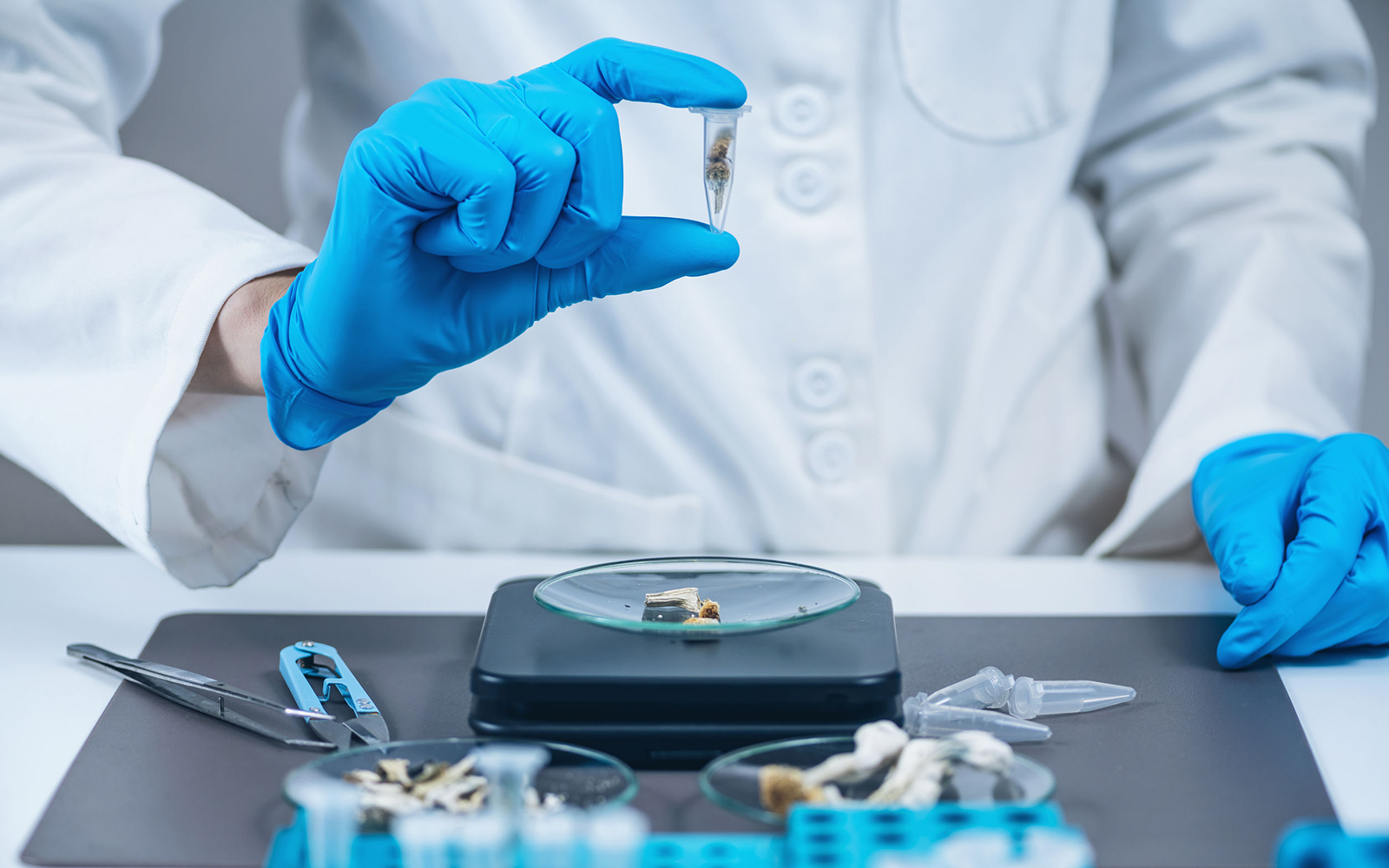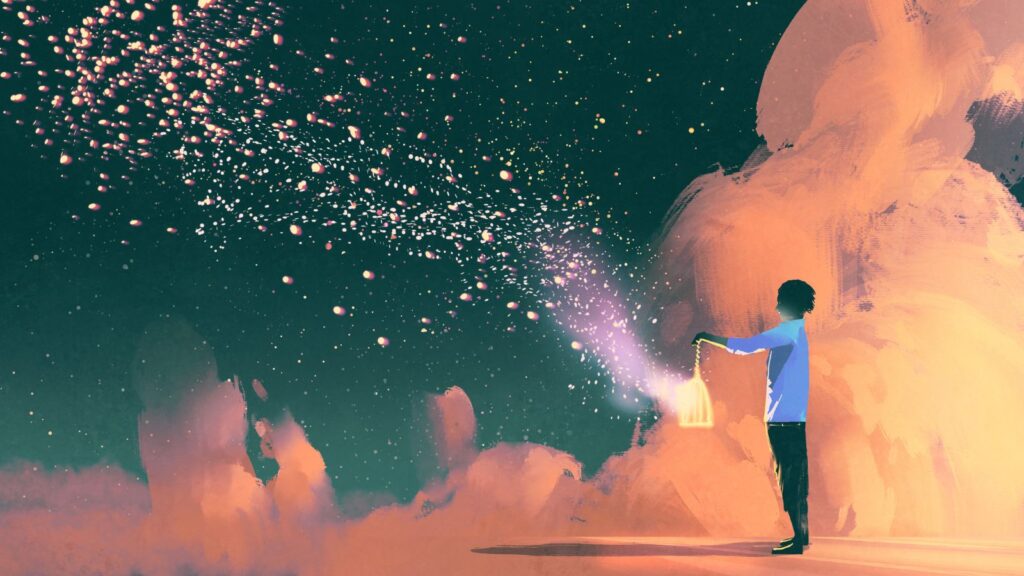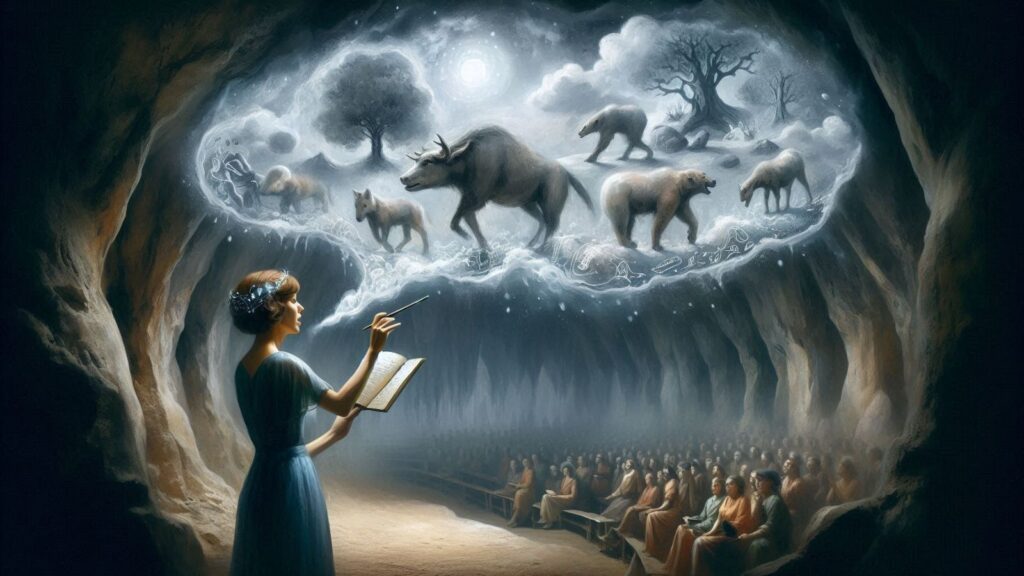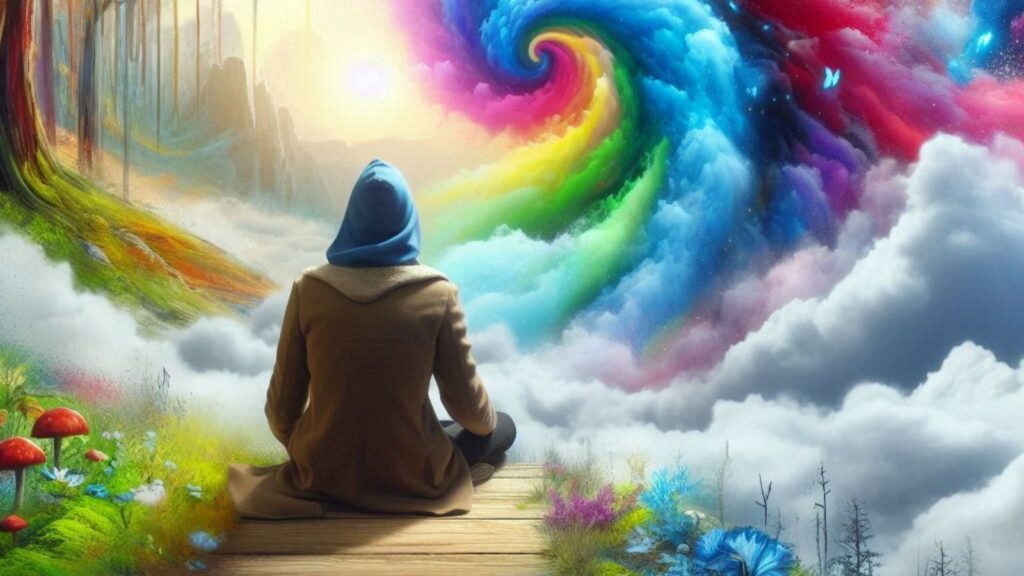The reputable Center for Psychedelic and Consciousness Research at Johns Hopkins University School of Medicine has just published a new study on psychoactive substances. This research demonstrates how psilocybin differs from other hallucinogens, providing an insight into its psychoactive effects. The groundbreaking study shows that feelings of spiritual and/or psychological insight play an important role in why people choose to use psilocybin.
Scientists at Johns Hopkins have been studying psychedelics since the 1950s. But it was in 2000 that the university’s research group first obtained regulatory approval in the US to reinitiate research with psychedelics in healthy volunteers.
In 2006, the Center published a study on the safety and enduring positive effects of a single dose of psilocybin. This study established itself as a landmark in the field, renewing psychedelic research worldwide.
As a leading psychedelic research institution in the US, Johns Hopkins has demonstrated the therapeutic effects of psilocybin. There are clinical benefits for people who suffer a range of challenging conditions. These include addiction (smoking, alcohol, other drugs), existential distress caused by life-threatening disease, and treatment-resistant depression.
New Research for Age-Old Treatment
This new study comes after renewed interest in research with psychedelics drugs. In an article published by Psypost, Roland R. Griffiths, corresponding author of the study, discusses the research. Griffiths is Professor in the Departments of Neurosciences and Psychiatry at the Johns Hopkins University School of Medicine. He also directs its Center for Psychedelic and Consciousness Research. Griffiths explains that studies from the Johns Hopkins Center and elsewhere suggest that psilocybin, a classic psychedelic drug, has significant potential for treating various psychiatric conditions. These conditions include depression and drug dependence disorders.
Furthermore, the new research seeks to address a perplexing question: Why do people use psilocybin? “Psilocybin, in the form of hallucinogenic mushrooms, has been used for centuries for the psychoactive effects. Recent US survey studies show that lifetime psilocybin use is relatively modest and quite stable over a period of decades,” Griffiths explains in the Psypost article.
The professor states that the National Institute on Drug Abuse does not consider psilocybin to be addictive. This is because it does not cause uncontrollable drug-seeking behavior. It also does not produce classic euphoria or withdrawal syndrome. Additionally, psilocybin does not activate brain mechanisms associated with classic drugs of abuse.
Study Specifics
In the double-blind study, 20 healthy participants with histories of hallucinogen use received doses of psilocybin. Participants also received dextromethorphan (DXM) and a placebo during five experiment sessions. According to the professor, the study chose dextromethorphan as an effective comparator to psilocybin because of the drugs’ similarities. However, DXM has a substantially lower rate of non-medical use, despite its widespread availability as an over-the-counter cough medicine.
Each experimental session was separated by about two to seven days. The sessions took place in a living room–like environment. The participants were instructed to lie down on a couch and listen to music. They completed various assessments during the experimental sessions, and wrote brief descriptions of their experiences afterward. In addition, the participants completed a follow-up questionnaire both one week and one month after their last session.
The researchers found that most of the participants reported wanting to take psilocybin again. But only 1 in 4 reported wanting to take DXM again. Griffiths told Psypost that the study showed that several subjective features of the drug experience predicted participants’ desire to take psilocybin again: psychological insight, meaningfulness of the experience, increased awareness of beauty, positive social effects (e.g., empathy), positive mood (inner peace), amazement, and mystical effects.
Why Psilocybin Works
Nearly half of the participants rated their experience following the highest psilocybin dose to be among the top most meaningful and psychologically insightful of their lives. The professor revealed that that the study provides an answer to the puzzle of why psilocybin has been used by people for hundreds of years, yet does not share any of the features used to define classic drugs of abuse.
“The answer seems to reside in the ability of psilocybin to produce unique changes in the human conscious experience that give rise to meaning, insight, the experience of beauty and mystical-type effects,” Griffiths said to Psypost. He went on to reveal that future research should determine whether there are other subjective domains of experience, or other effects of psilocybin, that motivate people to use it.
















